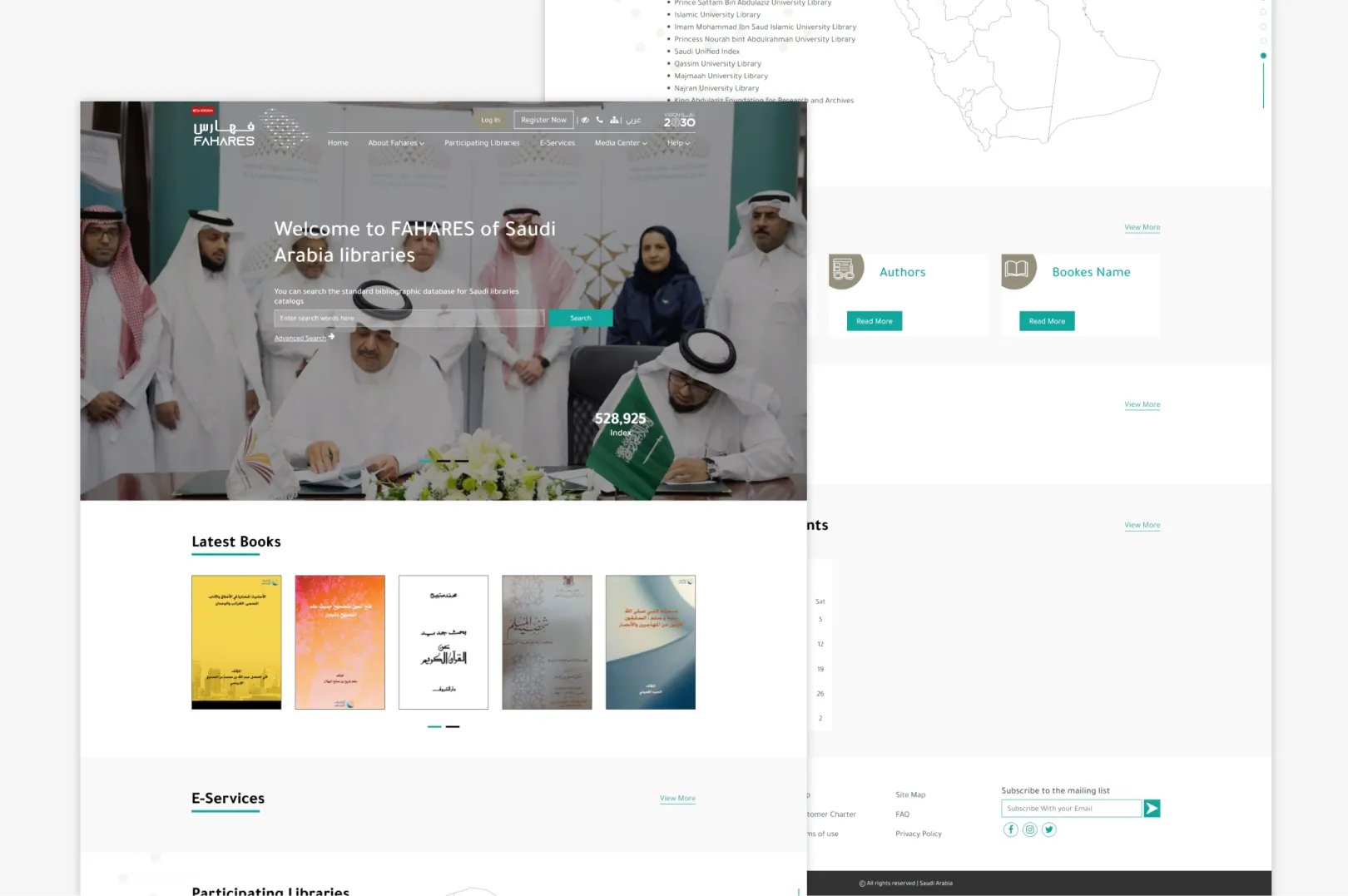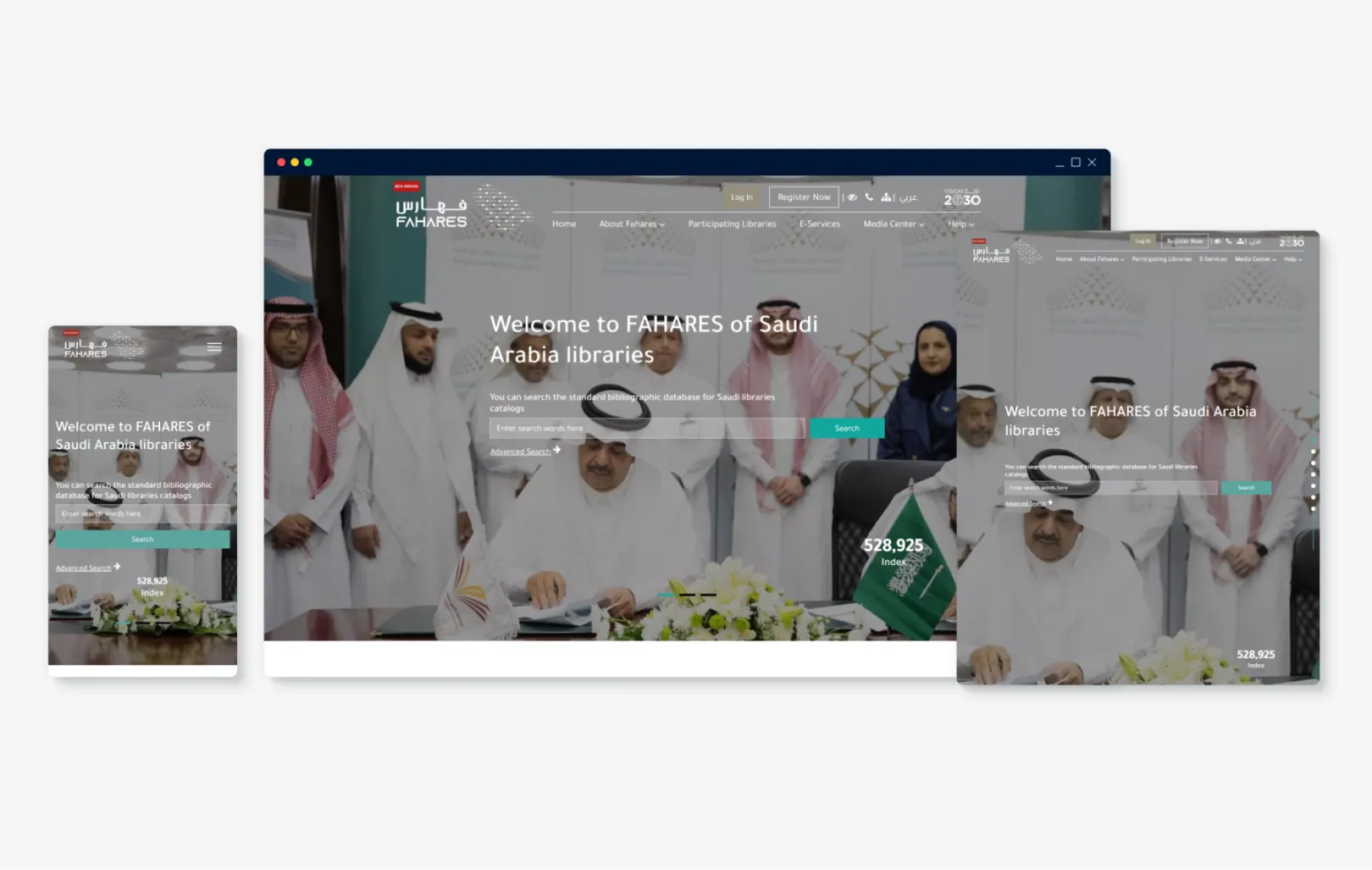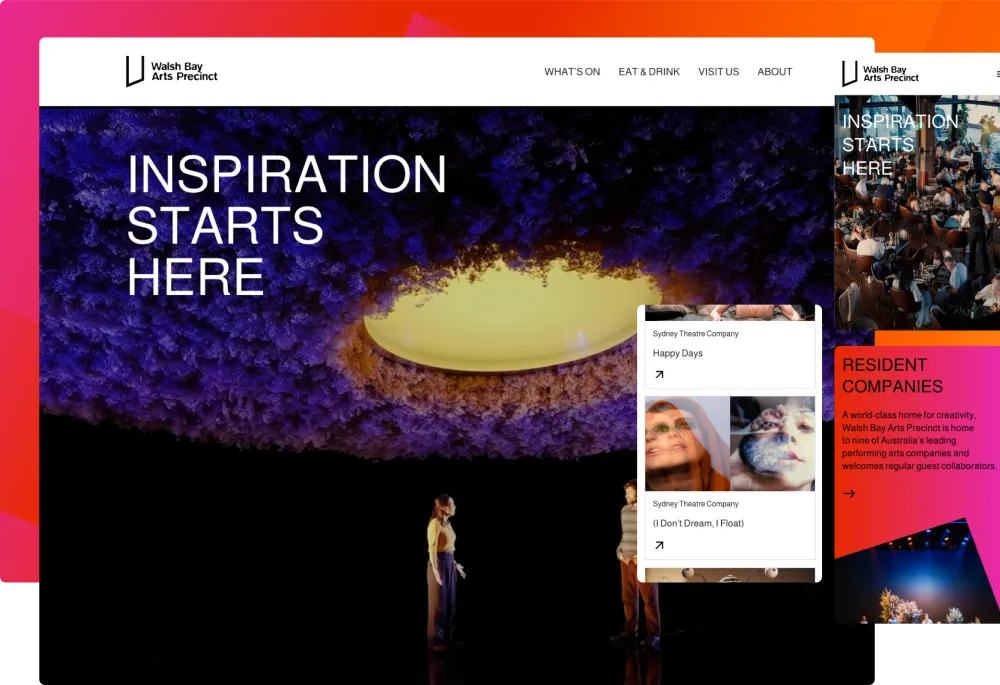Sector(s)
The King Fahad National Library aims to create a unified Saudi catalog that encompasses all types of Saudi libraries (university, specialized, and public). This catalog will serve as a comprehensive tool for cataloging and providing bibliographic records of library collections, offering diverse services to meet the needs of participating libraries and their beneficiaries.
About the project
Goal
The primary goal of the unified Saudi catalog project is to create a comprehensive bibliographic database that includes all types of Saudi libraries, ensuring high-quality record creation and efficient access to resources. This initiative aims to enhance access for researchers and library professionals while adopting best practices for cataloging.
Outcomes
- Establishing a High-Quality Bibliographic Core: Build the bibliographic nucleus of the unified Saudi catalog with the highest possible quality and comprehensive temporal coverage in the shortest time. This involves adopting the latest technical and professional standards for creating bibliographic records and preparing them to meet these standards.
- Utilizing the National Library's Index: Leverage the King Fahad National Library catalog as the foundation for the unified Saudi catalog, ensuring a comprehensive representation of Saudi library collections. Technical processing will be conducted according to the standards established for the unified catalog.
- Unified Catalog Integration: Integrate the catalog seamlessly into Drupal, offering a user-friendly interface for browsing, searching, and accessing library resources effectively. This will provide researchers and librarians with essential search services.
- Enhanced Search and Discovery Experience: Implement advanced search functionalities such as faceted search, relevancy ranking, and autocomplete features to elevate the user search experience.
- Interoperability and Data Exchange: Facilitate smooth data exchange between library systems by adhering to industry standards like MARC and implementing APIs. This will enhance the catalog's ability to include various libraries and information institutions, both public and private.
- Collaborative Metadata Enhancement: Create workflows that allow librarians to collaboratively edit and enrich metadata, thereby improving the quality and comprehensiveness of bibliographic records.
- Technical Support for Libraries: Provide technical and operational support to libraries lacking the financial or technical means to manage their catalogs, promoting the technical leadership of the unified Saudi catalog across the Kingdom.
- Community Engagement and Feedback: Establish a community around the catalog on Drupal.org to gather user feedback, share knowledge, and discuss potential feature enhancements.
- Adopting Best Practices: Implement best practices and standards related to bibliographic and authority control operations to ensure a high-quality catalog.
- MARCEditor for Streamlined Cataloging: Develop the MARCEditor interface within Drupal to simplify cataloging tasks, enhancing the efficiency and accuracy of managing bibliographic records. This will contribute to the development of value-added informational services that enhance the national and cultural returns of the unified Saudi catalog.
Why Drupal was chosen
Drupal was chosen for the unified Saudi catalog project due to its robust flexibility, scalability, and ability to manage complex data structures efficiently. With its strong support for custom content types and advanced taxonomy features, Drupal can effectively handle diverse bibliographic records and integrate seamlessly with existing library systems. Additionally, its strong community support and adherence to industry standards ensure ongoing enhancements and security, making it an ideal platform for fostering collaboration and sharing knowledge among libraries across the Kingdom.

Technical Specifications
Drupal version:




